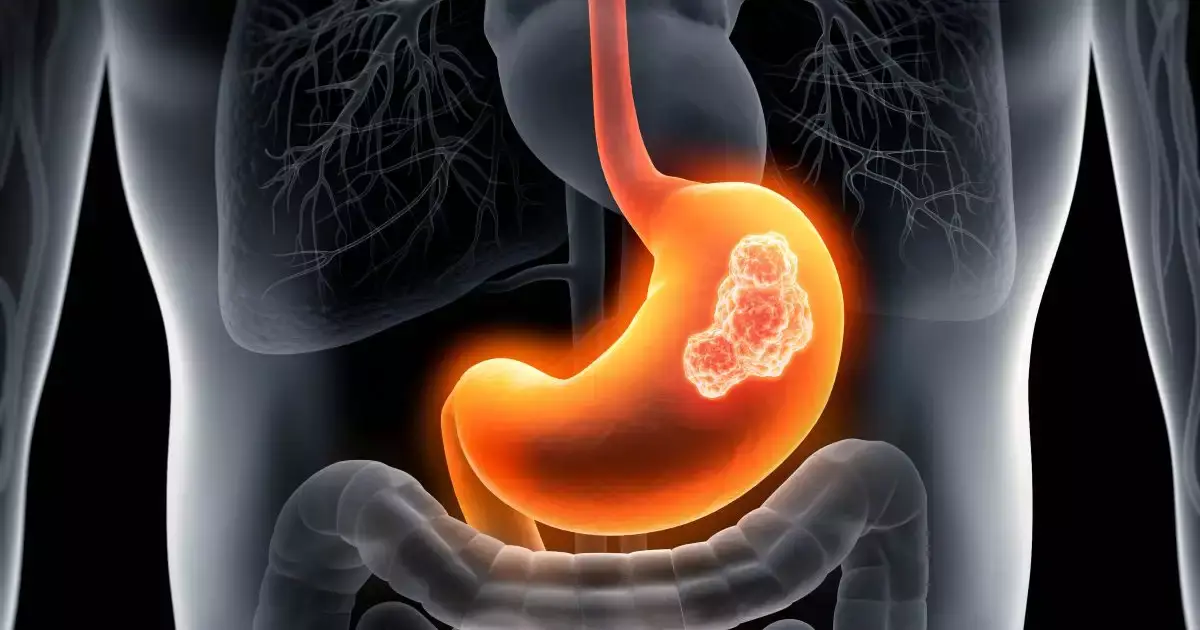Understanding the Symptoms
- Persistent Indigestion or Heartburn: While occasional acidity or heartburn is common, if you find yourself constantly reaching for antacids or experience persistent discomfort, it’s worth getting checked. Chronic indigestion or heartburn can be a sign of something more serious, including stomach cancer.
- Unexplained Weight Loss: Losing weight without trying might seem like a welcome occurrence for some, but it can be a cause for concern. Unintended weight loss, especially when significant, can be a symptom of various health issues, including stomach cancer.
- Feeling Full Quickly: If you start feeling full sooner than usual during meals, or if you’re unable to eat as much as you used to, it could be a sign of a growth in the stomach that may need medical attention.
- Stomach Pain or Discomfort: Persistent stomach pain, especially in the upper or middle abdomen, can be a symptom of stomach cancer. If the pain is new, worsening, or seems different from usual stomach aches, it’s important to have it evaluated.
- Nausea and Vomiting: Occasional nausea and vomiting can occur for various reasons, but if it becomes persistent or if there’s blood in the vomit, it’s a red flag that something more serious could be happening.
- Changes in Bowel Movements: Any significant changes in bowel habits, including persistent constipation or diarrhea, or noticing blood in stools, should prompt a visit to the doctor.
The Importance of Early Detection
It’s important to note that these symptoms can be caused by a variety of less serious conditions. However, if they are persistent and especially if multiple symptoms are experienced concurrently, it’s essential to consult a healthcare professional. Early detection of stomach cancer greatly improves the chances of successful treatment.
What to Do
- Seek Medical Advice: If you notice any of these symptoms, especially if they persist or worsen, make an appointment with your doctor.
- Be Prepared to Discuss Your Symptoms: Keep a record of your symptoms, including when they started, how often they occur, and any other relevant information.
- Undergo Recommended Tests: Your doctor may recommend tests like an endoscopy, blood tests, or imaging studies to diagnose the problem accurately.
While it’s essential to avoid self-diagnosis and unnecessary panic, being vigilant about your health and recognizing when something might be amiss is equally important. Understanding these symptoms and seeking timely medical advice can make a significant difference, especially in conditions like stomach cancer where early detection is key. Remember, your health is paramount, and addressing concerns early on is always the best approach.
